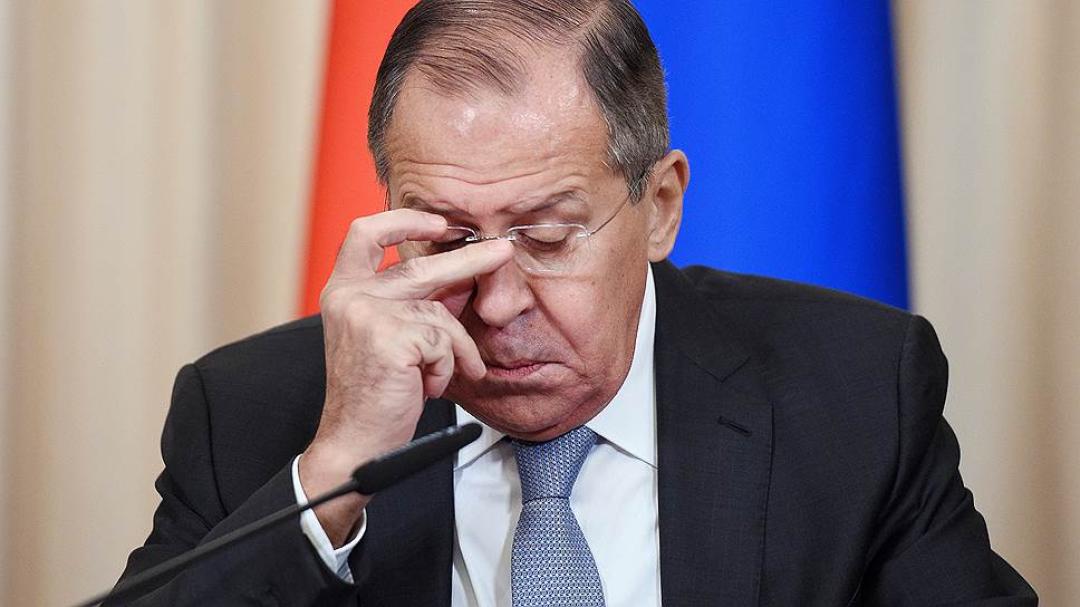
Russia shows easing of tensions with Georgia

On 25 September, Russian Foreign Minister Sergey Lavrov stated in an interview that he supports the resumption of direct flights from Russia to Georgia.
“It seems to me that it will be right to restore flights from Russia to Georgia after the majority of the Georgian population realized the counterproductive and provocative nature of the trick that took place in the Georgian parliament during the session of the Inter-Parliamentary Assembly on Orthodoxy,” he said. He also added that Russia made the decision to abolish the visa regime with Georgia in the summer of 2019, but emerged tensions between the countries “pushed back” the process.
However, Lavrov also spoke about Georgia’s aspirations to become a fully-fledged member of NATO. “If Georgia joins NATO, I promise you, we will not start the war. However, Russia’s relations with the countries, considering the North Atlantic Alliance or joining this organization their main goal, will be seriously damaged. Moreover, theses have already been put forward in Brussels on necessity of NATO’s turning from [a] defense alliance to [an] alliance which brings democracy and security to the Earth. Hegemony, self-exemption feeling – all is allowed for liberals, while non-liberals should obey,” he added.
Andrey Rudenko, Deputy Foreign Minister of Russia, also stated his support in favour of the continuation of trade and economic talks between the two countries, also known as the Abashidze-Karasin talks or the Prague format. “Now this issue is being discussed. I hope that this channel of dialogue in one form or another will continue,” he said. Georgia’s Special Envoy to Russia Zurab Abashidze also voiced his support for the initiative. “Of course, I support the Prague format,” he said.
The tensions between Georgia and Russia erupted on 20 June when Sergey Gavrilov, a member of the Russian Duma from the Communist Party, addressed the delegates in Russian from the Georgian Parliament Speaker’s seat at the Inter-parliamentary Assembly on Orthodoxy (IAO), sparking mass protests in Georgia (Caucasus Watch reported). A day later, the Russian President Vladimir Putin issued a flight-ban to Georgia (Caucasus Watch reported). On 16 July, Lavrov stated that the Georgian government must stabilize the socio-political situation in the country and ensure the safety of Russian citizens in order for the Russian-Georgian relations to return to normal (Caucasus Watch reported). A further diplomatic blow in the Georgian-Russian relations came on 31 July, when Grigory Karasin stepped down from his position of Russia’s Deputy Foreign Minister and Ivan Volynkin was considered the top candidate for his successor, who is regarded as a persona non-grata in Georgia (Caucasus Watch reported). Since 2013, Karasin has been responsible for the talks on trade, economic and humanitarian relations between Georgia and Russia which had been held twice a year (known as the Prague format).
See Also


Simonyan: “Armenia Should Trade with Turkey and Azerbaijan Instead of Closing Borders”

Mirzoyan Meets US Deputy Assistant Secretary Joshua Huck

Azerbaijani President Holds Talks with UAE and German Business Delegations on Economic Cooperation

Grigoryan Confirms Armenia’s Readiness to Dissolve OSCE Minsk Group Upon Peace Treaty Signing

